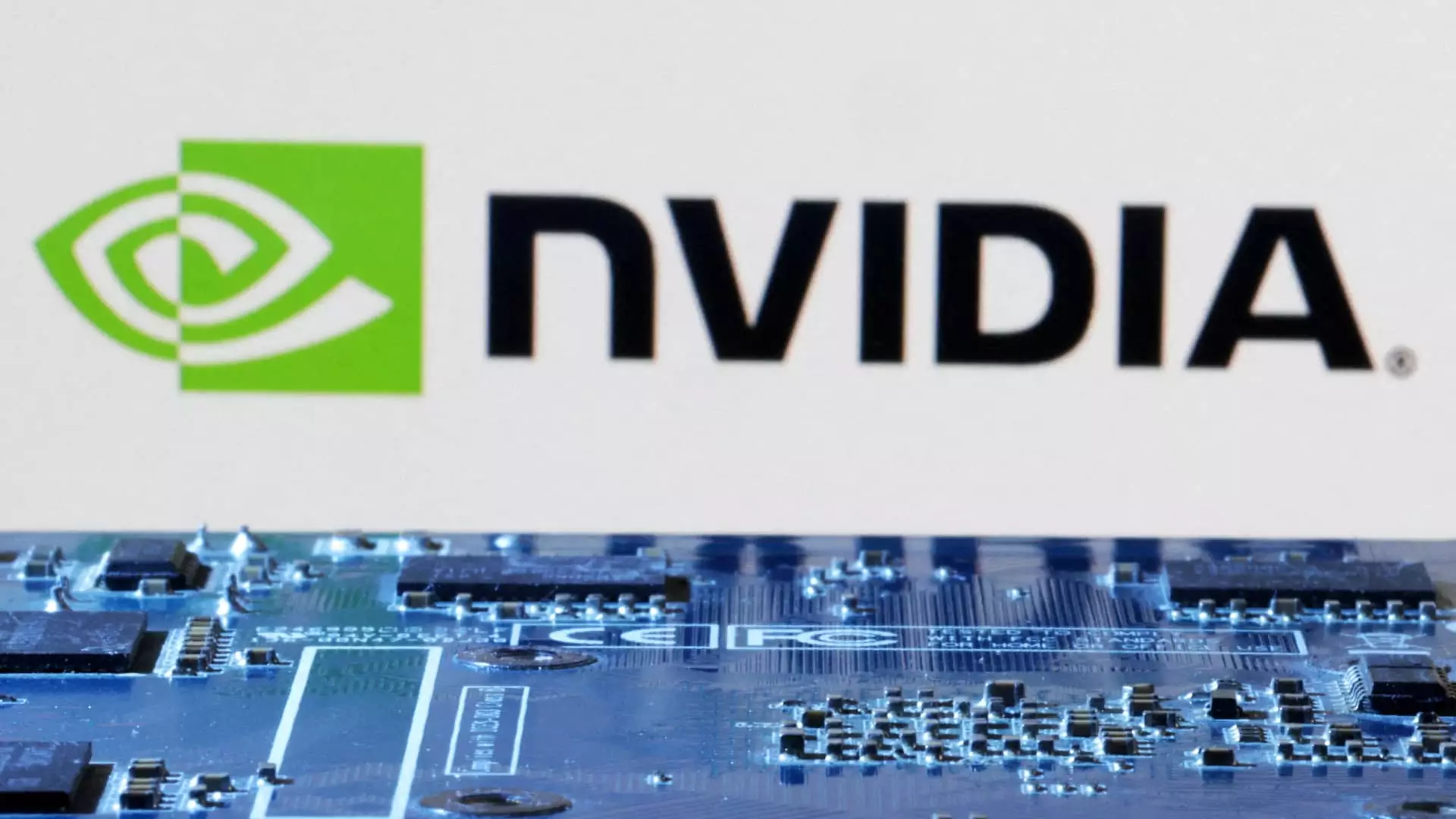In the fast-evolving landscape of Wall Street, analysts continually assess various stocks based on performance metrics, market conditions, and future outlooks. This week brought forth several significant calls that are likely to impact the trajectories of numerous companies and investment portfolios. From bullish initiations to cautious downgrades, we delve into the most notable changes that investors should keep an eye on.
Analysts from Loop Capital have expressed optimism in the semiconductor sector, particularly for NXP Semiconductor (NXPI), assigning it a “Buy” rating. The firm’s target price of $300 reflects their confidence in NXP’s long-term prospects, especially as demand from automotive manufacturers continues to strengthen. The semiconductor industry has faced headwinds in inventory levels, particularly since late 2023, but Loop’s endorsement comes amid broader recovery signals in vehicle production and demand for electric vehicle technologies. Similarly, ON Semiconductor received a “Buy” rating from Loop, owing to its favorable valuation and current positioning within the automotive market.
Nvidia (NVDA) remains in the spotlight as Mizuho maintains a “Buy” rating and raises its price target from $140 to $165 ahead of its earnings report on November 20. Mizuho’s optimistic outlook is anchored in Nvidia’s dominant position in the AI accelerator market, where recent innovations have bolstered its competitive edge. As the AI sector continues to evolve, Nvidia’s products are integral to various technological advancements, making it a staple recommendation among analysts. Furthermore, Redburn Atlantic Equities also initiated coverage on Nvidia with a “Buy” rating, highlighting its significant market share and robust software ecosystem as key advantages for future growth.
In retail, Morgan Stanley reiterated its “Overweight” position on Walmart (WMT), raising the price target to $89 from $82. This confidence is buoyed by Walmart’s strategic penetration into higher-income demographics and its continuously expanding eCommerce capabilities, alongside a strong advertising segment that enhances the company’s revenue stream. Conversely, Citi downgraded Ross Stores (ROST) from “Buy” to “Neutral.” The downgrade stems from uncertainties surrounding management transitions and the inherent risks of entering a new era, particularly with a CEO who lacks experience in the off-price retail sector.
Morgan Stanley upgraded International Flavors & Fragrances (IFF) to “Overweight” from “Equal Weight,” suggesting that recent share price declines present an attractive buying opportunity. Analysts foresee potential growth in the company’s forthcoming quarters, contrary to market hesitations. On another note, Morgan Stanley also shifted Viking Cruise Line (VIK) to “Overweight,” as ongoing market conditions create an appealing valuation for investors despite the stock’s recent performance lag compared to peers.
In the tech and cybersecurity sectors, Deutsche Bank upgraded SentinelOne to “Buy,” influenced by its strong organic growth and the opportunity presented by a shifting endpoint security market. This reflects a broader trend where companies focusing on cybersecurity increasingly capture investor attention, particularly as businesses prioritize digital security measures. Snowflake also remains a point of interest, as D.A. Davidson reaffirmed its “Buy” rating and included it in the “Gold Trophy” best ideas list. As a leader in cloud data warehousing, Snowflake continues to demonstrate its significance in supporting data analytics across various industries.
Bristol Myers Squibb (BMY) saw an upgrade from Leerink, which appreciates the company’s robust pipeline of drug candidates, prompting a target price increase. The positive forecasts highlight the strength and potential value of pharmaceutical developments in progress. Meanwhile, Bank of America reiterated its bullish stance on Apple (AAPL), driven by anticipated growth stemming from its silicon innovations and expanding services segment.
However, amidst these upgrades, there are cautionary signals as noted by Deutsche Bank’s downgrade of Okta (OKTA) to “Hold.” Concerns about near-term value realization and mixed market feedback indicate a need for investors to approach the company with careful consideration.
As analysts navigate through these complexities, their calls provide critical insights for investors looking to recalibrate their portfolios. The mixed signals across sectors underline the importance of continual assessment and a nuanced understanding of market dynamics. Whether it’s betting on automotive semiconductor stocks or positioning in the AI domain, these strategic analyses play a pivotal role in shaping investment decisions in an uncertain environment. Investors would do well to heed these insights, as they navigate the ever-changing landscape of the financial markets.

